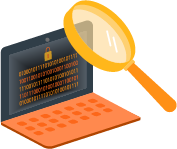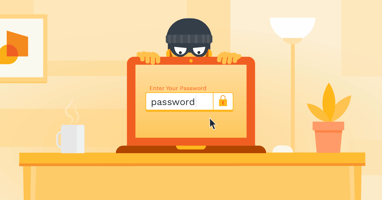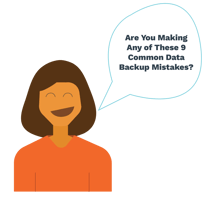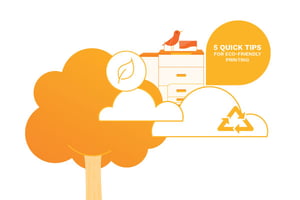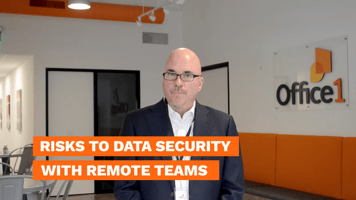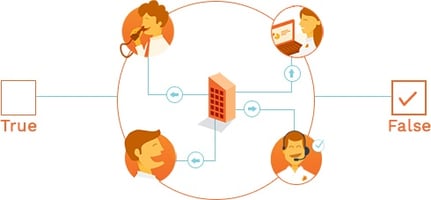.webp?width=500&height=511&name=office1-blog-environment%20(1).webp)
Businesses can negatively impact the environment due to the amount of waste they produce as well as the electricity and materials they consume. While there are sustainable solutions to these issues, many businesses stray away from them because the initial cost can be alarming. Despite the ever-growing urgency to make the switch to environmentally-friendly tactics, businesses shy away from it due to the fear that they will lose money.
But fear not; businesses with eco-innovation in mind have grown at an annual rate of 15%. If your business makes the right choices and executes them earnestly, it will thrive!
How to Become a Sustainable Business
The two primary methods to becoming a sustainable business are to reduce waste and improve energy efficiency. If you’re wondering how you can make these happen, know that there are a number of changes you can make. Some are small and easy to execute, while others are substantially a larger project. If large projects aren’t in your budget at the moment, make the changes that are within your means. Small changes can add up and still make a difference. Here are a handful of sustainable strategies that your business can implement:
- Recycle: Though it’s an obvious solution, it can be difficult to get it going. Start by labeling recycling bins and making them easily accessible for your employees. To go one step further, instead of throwing away electronics you don’t need, recycle them to keep them out of landfills by taking them to your local e-waste drop-off.
- Go paperless: This is another obvious and seemingly simple fix, but it can be tough. If you can’t go completely paperless, then evaluate your paper usage and decide where you can limit it. Additionally, a diminished need for paper documents also reduces your need for printers and their corresponding materials and energy usage.
- Move to the cloud: The cloud can help you go paperless since cloud-based applications allow employees to share documents electronically.
- Encourage bring your own device (BYOD): Having employees bring their own devices into work decreases your business’ need to supply equipment, reducing equipment production and costs. Moreover, cloud-based applications make BYOD a feasible option.
.webp?width=655&height=650&name=office1-blog-cloud%20(1).webp)
- Upgrade to energy- and resource-saving electronics: Automated sinks and toilets will save you water, while motion-sensored lights will save you energy. Other electronics, like dishwashers or refrigerators, can be upgraded for considerable energy efficient changes too.
- Purchase certified eco-friendly refurbished office equipment: If you need to purchase office equipment, be sure to go the refurbished route. Refurbished equipment prevents further production of new equipment by fixing and upgrading old items to be like new.
- Implement work-from-home days: Working from home does two jobs: limiting the pollution that is created from commuting to work and reducing energy usage in the office.
- Carpool or take public transportation: This is another simple way to prevent pollution. Provide employees with public transportation schedules and the means to coordinate pickup routes together.
An overall tip to becoming sustainable is to be mindful of how your business operates. Take note of changes you can make, no matter how small. In the case of sustainable business, it pays to be innovative.
How Making the Switch Makes a Profit
While switching to sustainable methods seems like a money burner, ultimately, the return-of-investment is substantial. The key to reaping the benefits is to practice patience. Sustainability is profitable through:
- Increased competitive advantage: Being a sustainable business in your community will garner you positive publicity, exhibiting a progressive and mindful business model that people will want to be a part of. Consumers are willing to pay more from businesses with sustainable practices, so the more eco-innovative you become, the more clientele you will attract.
- Decreased short-term costs: Purchasing refurbished equipment or BYOD, for example, saves you the cost of new equipment or any equipment at all!
- Reduced long-term expenses: Think about electricity, water, and supplies - a non-sustainable business’ expenses add up. By limiting your usage of resources, you avoid having to pay the outlandish payments that accrue every month.
.webp?width=300&height=309&name=blog-money-1%20(1).webp)
“Delivering more than expected” is taken to a whole other level when we these small changes are integrated into a company's culture! It’s a win-win-win for customers, businesses, and the planet!
Categories: Office Hacks, Sustainability


